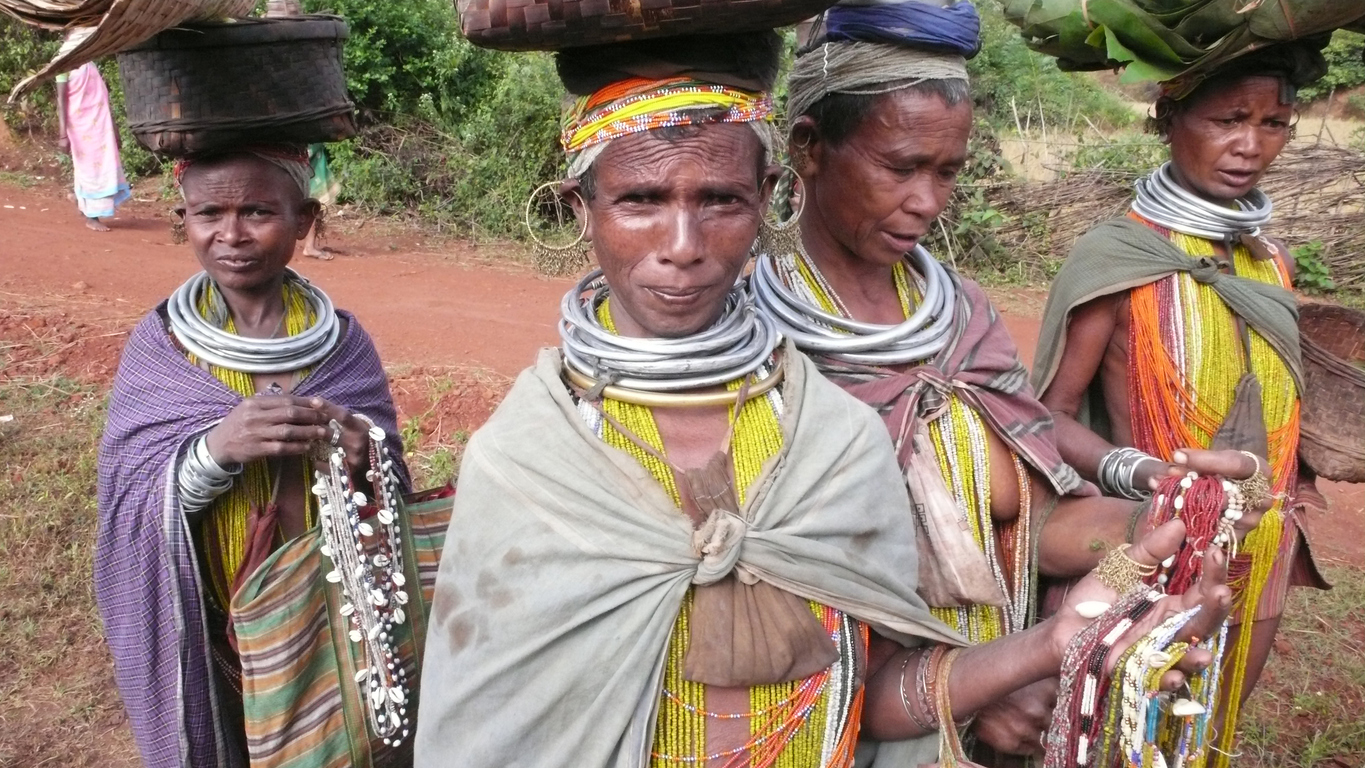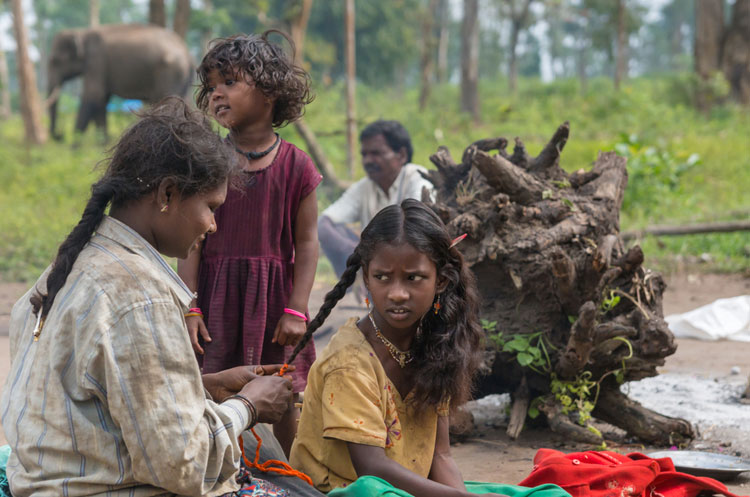The Supreme Court will take up on Thursday an application the central government has filed urging the court to “modify” its February 13 order that has cast a shadow on the survival of an estimated 10 lakh forest dwellers.
Justices Arun Mishra and Navin Sinha agreed to take up the matter for urgent hearing after solicitor-general Tushar Mehta moved the plea on behalf of the tribal welfare ministry.
Mehta sought a stay on the eviction of the forest dwellers till the matter is finally resolved.
The court had on February 13 directed 19 states, including Bengal, Bihar, Odisha, Jharkhand and Assam, to take steps to evict occupants of forest land whose claims had been rejected under the Scheduled Tribes and Other Traditional Forest Dwellers (Recognition of Forest Rights) Act, 2006.
The bench of Justices Mishra, Sinha and Indira Banerjee had asked the chief secretaries of these states to file compliance affidavits before July 12, while posting the matter for further hearing to July 24.
The composition of Thursday’s bench is not clear. While Mehta moved his plea on Wednesday before Justices Mishra and Sinha, the matter is likely to be heard by the same three-judge bench that had passed the order.
The Centre in its application said the order would leave lakhs of forest dwellers without a shelter as their claims for dwelling rights had been summarily rejected by many states without following the due process of law.
The 2006 law, it said, is a beneficial legislation and should be interpreted liberally in favour of the forest dwelling Scheduled Tribes (FDSTs) and other traditional forest dwellers (OTFDs) who are extremely poor and illiterate.
Also, in many areas, the government added, the rights of these people could not be clearly established because of the presence of “Left-wing extremism”.
“The FDSTs and OTFDs are extremely poor and illiterate people and not well-informed of their rights and procedure under the act. They live in remote and inaccessible areas…. It is difficult for them to substantiate their claims before the competent authorities.
“The applicant (tribal welfare ministry) has time and again attempted to sensitise the state governments while deciding their claims. However, notwithstanding, it has come to light that the claims of (the) FDSTs and OTFDs were rejected in a summary manner where no due opportunity is provided to the claimants.
“The rejection orders are not communicated or the same are without reasons. It is also noted that in certain cases, eviction orders are issued even before the appeals under the act are exhausted.
“In such circumstances, it is uncertain whether the data furnished by the state governments accurately indicate whether the rejection orders were passed after observance of due process of law; compliance with principles of natural justice and whether appeal mechanisms have been properly exhausted. Without such information and compliance with the mandate of law in letter and spirit, the eviction of such tribals would amount to serious miscarriage of justice,” the Centre’s application said.
The ministry pleaded with the court to “modify” its February 13 order and direct the states concerned to “file detailed affidavits” regarding the procedure followed and the rejection of the claims and “withhold (the) eviction proceeding till such time”.
The Centre also contended that a host of international conventions recognised the close relationship between forest communities and protection of the environment. The government said these declarations, including the UN Universal Declaration on Human Rights, the UN Convention Concerning Indigenous and Tribal Populations (1957) and the UN Declaration on Rights of Indigenous People, were binding on India.
The application said the ministry has been “periodically monitoring the implementation of the act with the state governments” and had in a letter dated 12.9.2014 noted the “various problems in the implementation”.
“It was noted that the rejection of claims… was found to be very high, which was due to wrong interpretation of the act,” the Centre said, annexing a copy of the letter the ministry had issued to all states and Union territories.












